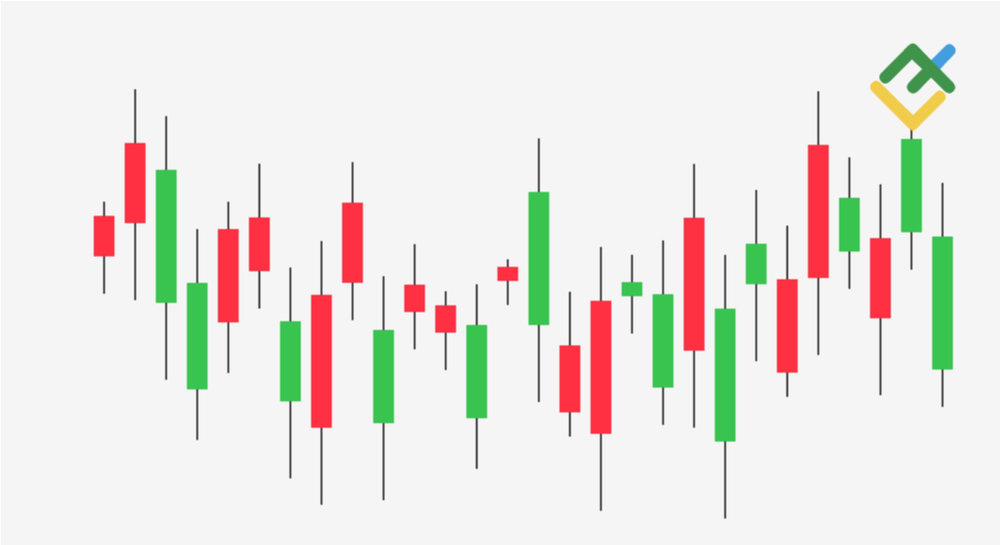The US Justice Department has filed a civil antitrust lawsuit against Visa, alleging the payment giant’s “illegal” monopoly in debit network markets, which is costing consumers and businesses billions of dollars.
An “Illegal” Monopoly
The lawsuit, filed yesterday (Tuesday) in a New York court, alleges that Visa illegally maintained its monopoly by insulating itself from competition. The payment company also penalised merchants and consumers who do not use its processing technology for debit transactions.
“We allege that Visa has unlawfully amassed the power to extract fees that far exceed what it could charge in a competitive market,” said Attorney General Merrick Garland. “Merchants and banks pass along those costs to consumers, either by raising prices or reducing quality or service. As a result, Visa’s unlawful conduct affects not just the price of one thing – but the price of nearly everything.”
When it comes to payment processing, Visa dominates both the US and global markets. According to the Justice Department, the Visa network processed more than 60 percent of debit transactions in the US, charging more than $7 billion in fees each year.
Prosecutors found that Visa locks up the debit volume, thus insulating itself from smaller and lower-priced competitors. It even muffled competition by partnering with rivals, “offering generous monetary incentives and threatening punitive additional fees.”
The Justice Department further highlighted that Visa coopted the competition as it feared losing market share and revenue or the possibility of being displaced by a competitor.
The Dominance of Visa
The San Francisco-headquartered payments company generated $18.8 billion in operating income at a margin of 64 percent in 2022. North America is its most profitable market, where it managed an operating margin of 83 percent.
In 2023, the Justice Department blocked the $5.3 billion acquisition of financial technology firm Plaid by Visa, calling it a monopolistic takeover. The payments giant ultimately abandoned that acquisition.
Visa has yet to officially respond to the recent antitrust lawsuit.
Meanwhile, the markets have already reacted, as Visa shares dropped about 5.5 percent in value following the Justice Department’s announcement.

“Visa abuses its power over its customers and buys off would-be rivals at the expense of American consumers, merchants, banks, and the competitive process itself,” said Principal Deputy Assistant Attorney General Doha Mekki of the Justice Department’s Antitrust Division. “Today’s lawsuit holds Visa accountable for its conduct in a market that forms the backbone of American commerce.”
The US Justice Department has filed a civil antitrust lawsuit against Visa, alleging the payment giant’s “illegal” monopoly in debit network markets, which is costing consumers and businesses billions of dollars.
An “Illegal” Monopoly
The lawsuit, filed yesterday (Tuesday) in a New York court, alleges that Visa illegally maintained its monopoly by insulating itself from competition. The payment company also penalised merchants and consumers who do not use its processing technology for debit transactions.
“We allege that Visa has unlawfully amassed the power to extract fees that far exceed what it could charge in a competitive market,” said Attorney General Merrick Garland. “Merchants and banks pass along those costs to consumers, either by raising prices or reducing quality or service. As a result, Visa’s unlawful conduct affects not just the price of one thing – but the price of nearly everything.”
When it comes to payment processing, Visa dominates both the US and global markets. According to the Justice Department, the Visa network processed more than 60 percent of debit transactions in the US, charging more than $7 billion in fees each year.
Prosecutors found that Visa locks up the debit volume, thus insulating itself from smaller and lower-priced competitors. It even muffled competition by partnering with rivals, “offering generous monetary incentives and threatening punitive additional fees.”
The Justice Department further highlighted that Visa coopted the competition as it feared losing market share and revenue or the possibility of being displaced by a competitor.
The Dominance of Visa
The San Francisco-headquartered payments company generated $18.8 billion in operating income at a margin of 64 percent in 2022. North America is its most profitable market, where it managed an operating margin of 83 percent.
In 2023, the Justice Department blocked the $5.3 billion acquisition of financial technology firm Plaid by Visa, calling it a monopolistic takeover. The payments giant ultimately abandoned that acquisition.
Visa has yet to officially respond to the recent antitrust lawsuit.
Meanwhile, the markets have already reacted, as Visa shares dropped about 5.5 percent in value following the Justice Department’s announcement.

“Visa abuses its power over its customers and buys off would-be rivals at the expense of American consumers, merchants, banks, and the competitive process itself,” said Principal Deputy Assistant Attorney General Doha Mekki of the Justice Department’s Antitrust Division. “Today’s lawsuit holds Visa accountable for its conduct in a market that forms the backbone of American commerce.”
This post is originally published on FINANCEMAGNATES.


